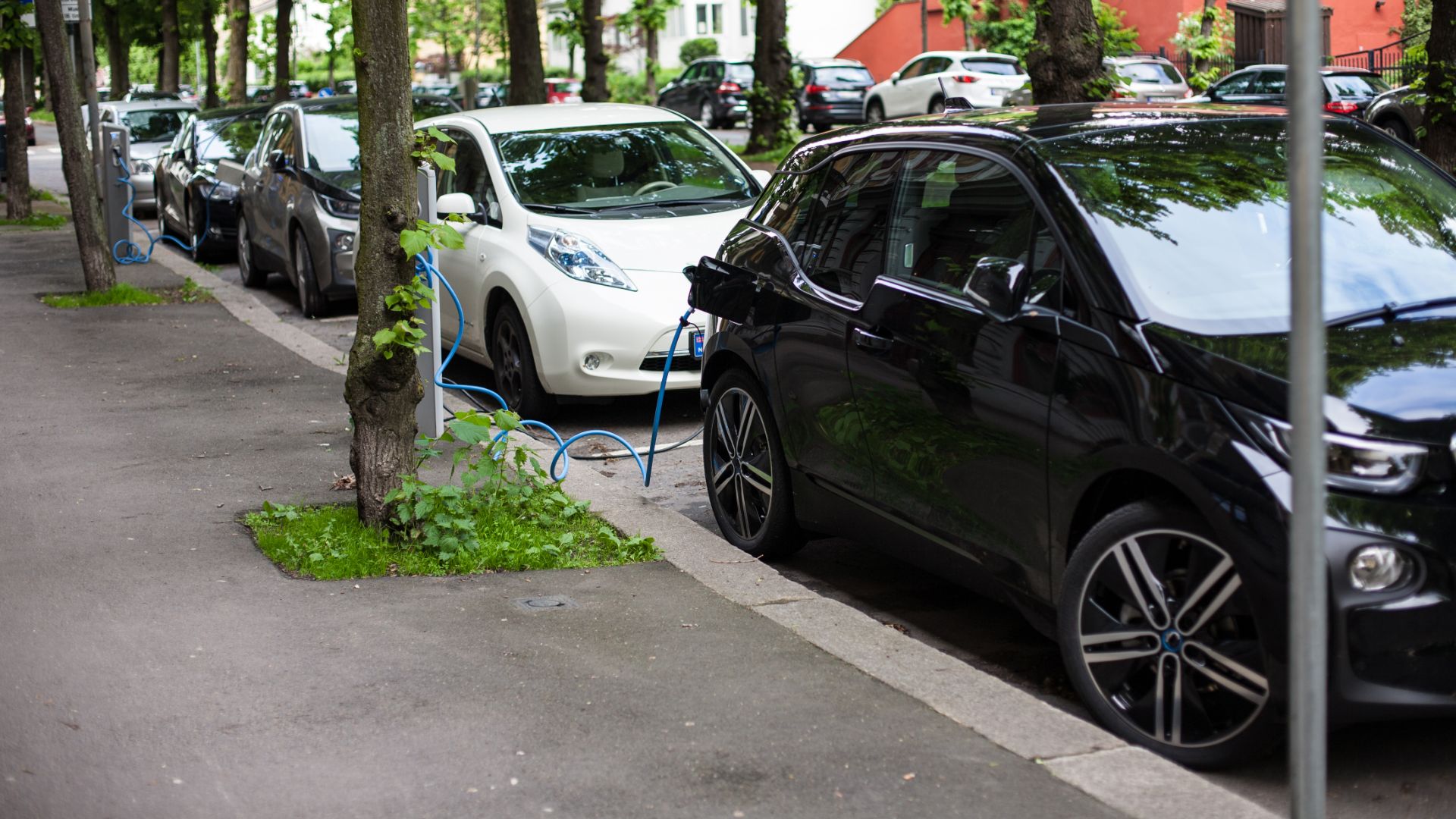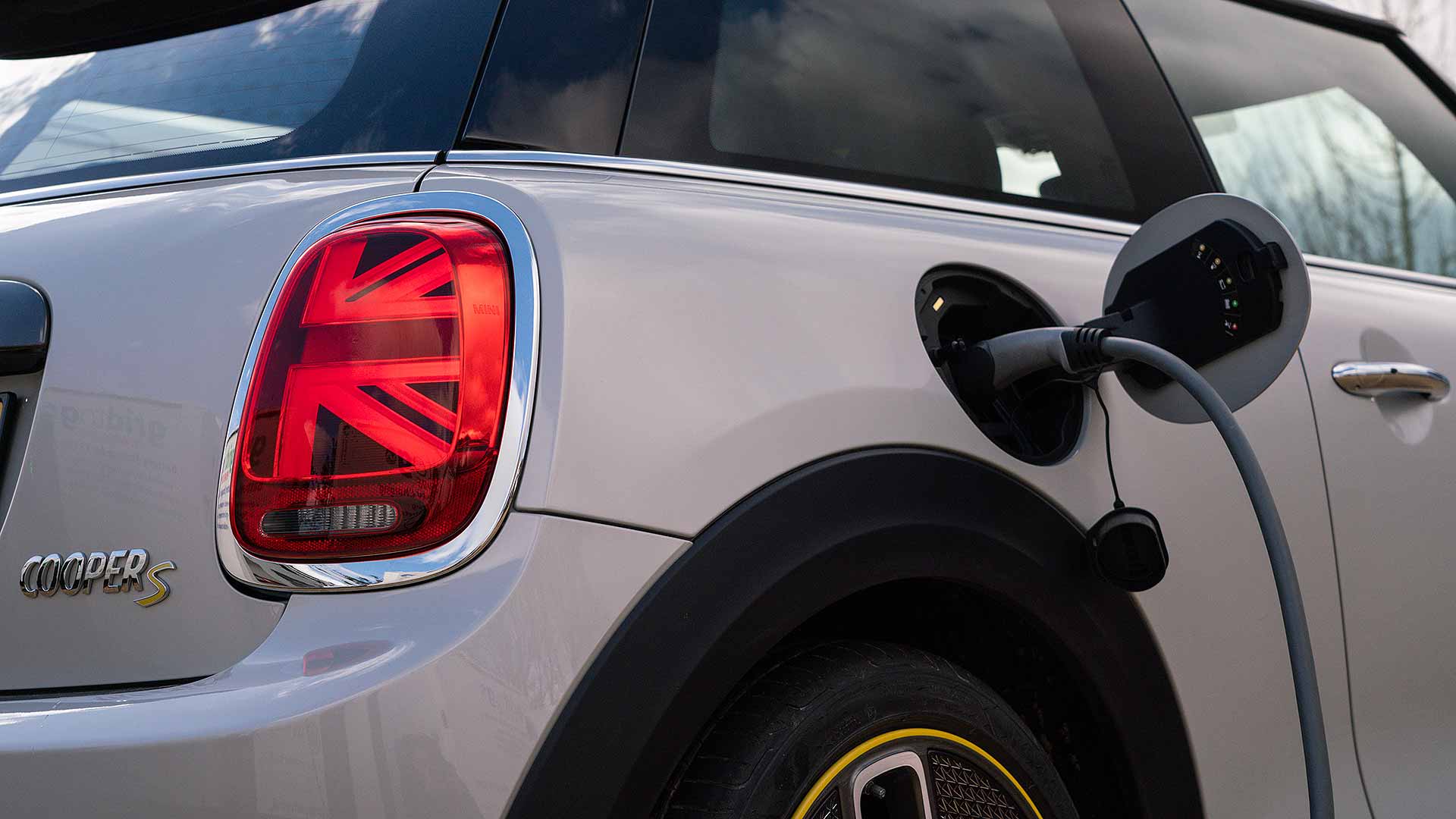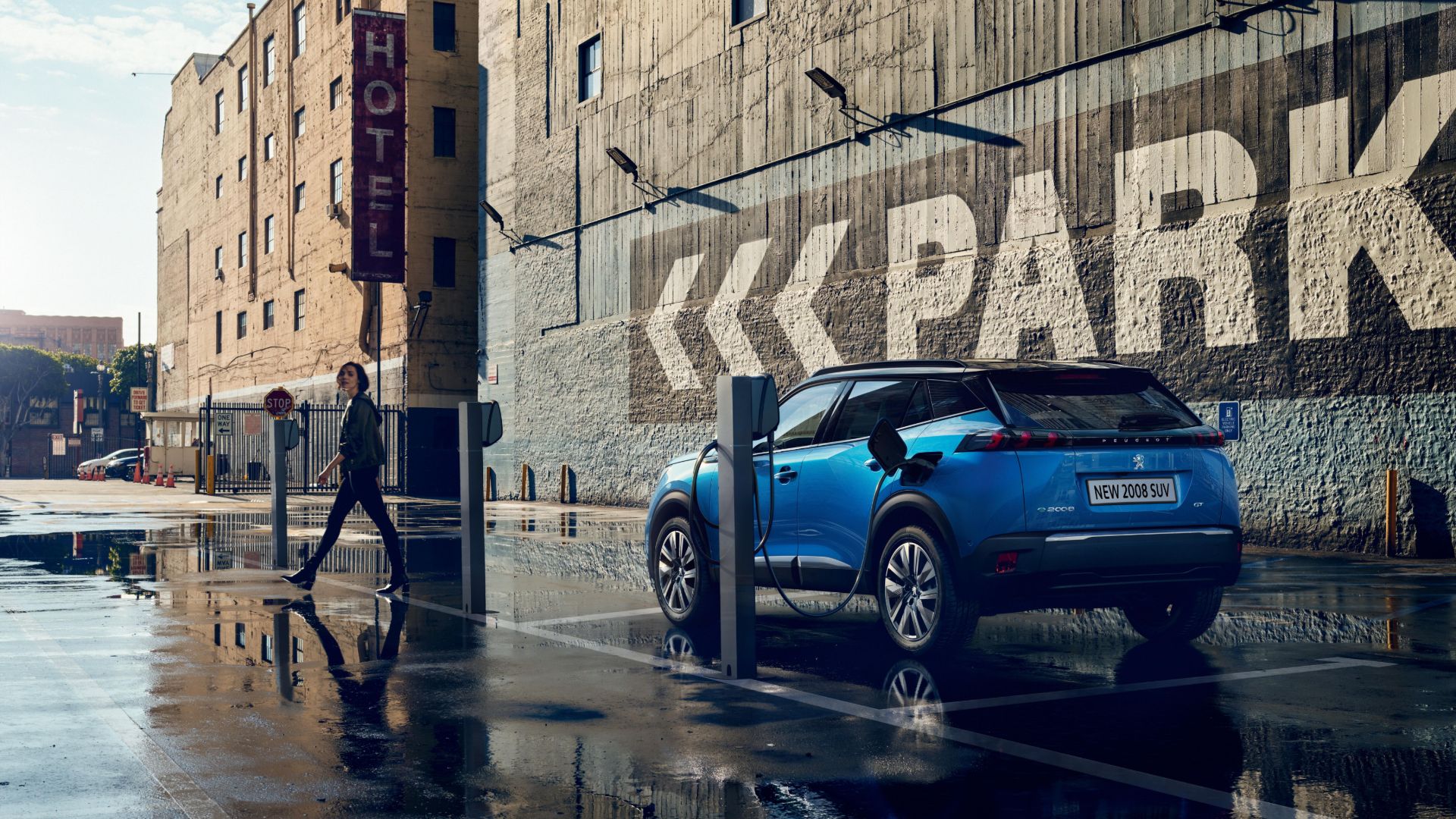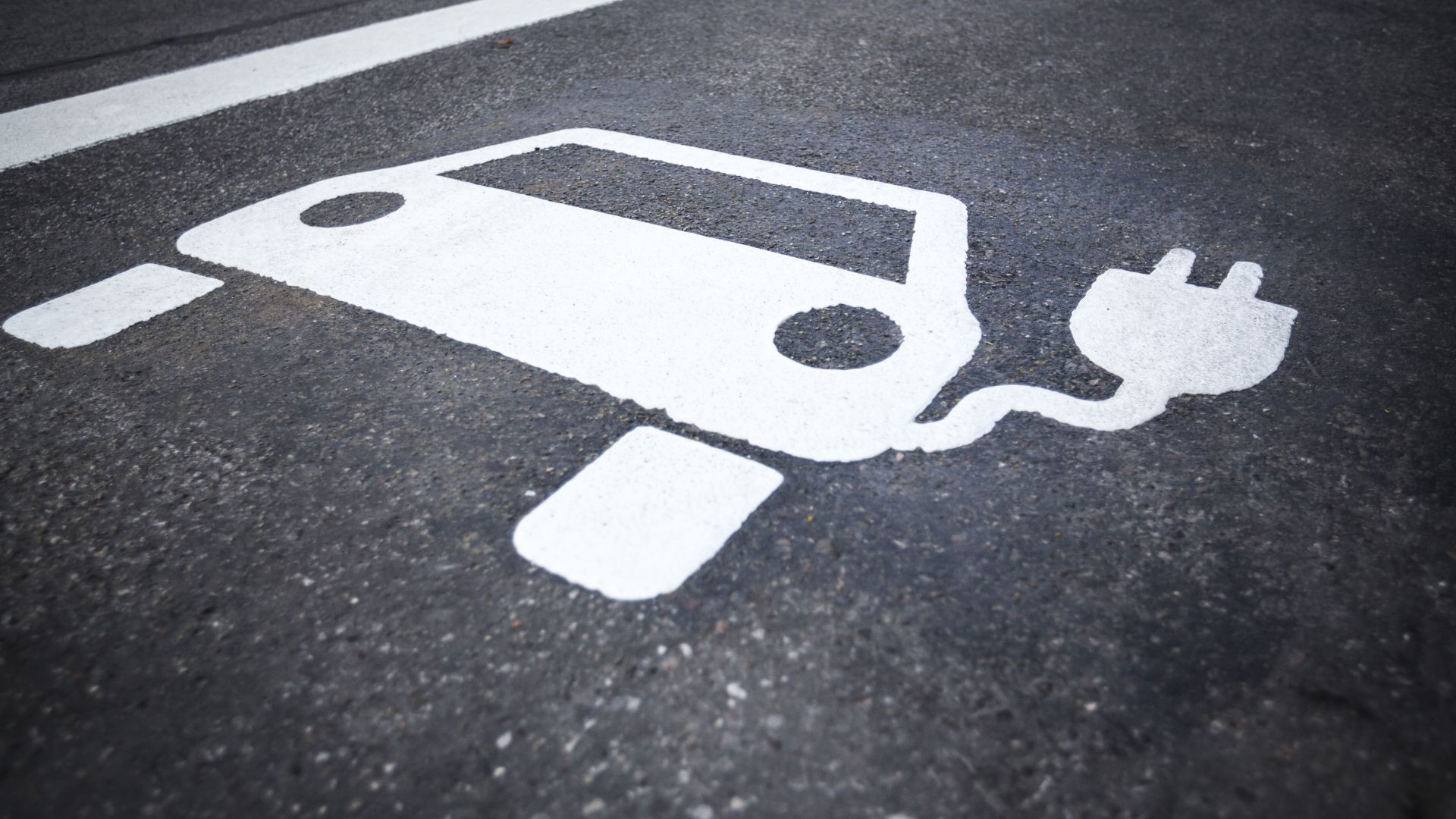
New research has revealed that drivers would like to see changes made to the driving test in the wake of heightened demand for electric cars.
Seventy-seven percent think that the driving test needs to be adapted, which rises to 92 percent among electric car drivers.
The research comes from insurance company LV, which is also the first to offer an insurance product tailored specifically for EVs.
It found that 29 percent intend to make an electric car purchase in the next five years. Seventy-eight percent said that they were looking at an EV as their next car purchase.
Eighty-seven percent of drivers have never driven an EV, which means they’re unaware of the differences in how they drive and what they’re like to own.
LV wants today’s learners – tomorrow’s EV buyers – to be clued up on electric cars before they buy them, from the moment they start learning.

There are also misconceptions that need addressing. Operation is one thing, but a change in the test could help familiarise motorists with EVs, and debunk certain myths that could be harming uptake.
Interestingly, a vast majority of current EV drivers took their own steps to initiate themselves prior to buying.
Eighty-four percent of the UK’s 195,000 electric car drivers have taken such measures. These include specifically requesting dealer demonstrations and explainers (47 percent), and taking advanced driving refresher courses (41 percent).
Seventy-two percent of EV drivers believe that taking the test in an EV would have been beneficial.
How to change the driving test for electric cars

- Car insurance ‘renewal tax’ costs motorists £674million
So how do you change the driving test? You start by analysing what the differences are between EVs and ICE-powered cars. Electric car drivers have noted the following differences as most prominent:
- Getting used to the driving range (49 percent)
- Noise difference (46 percent)
- Getting used to a fully automated vehicle (41 percent)
- Difference in acceleration (41 percent)
- Difference in braking speed (28 percent)
As the driving test evolves, it will need to address everything from charging range to the difference in performance in terms of acceleration and braking. Indeed, EVs tend to accelerate more aggressively, while some can even ‘brake’ using regenerative braking, without the driver even touching the brakes. There’s also the issue of plugging in and charging, and how you use the infrastructure.
“As the UK moves towards becoming net-zero, UK drivers need to have a greater understanding of electric cars in order to have the confidence to make the switch,” said Tom Clarke, head of electric vehicle strategy at LV.

“The fact that nearly two-thirds (72 percent) of electric car drivers say taking their driving test in an electric car would have been a benefit to them highlights the reality that the driving test in its current form is no longer relevant for the new wave of ‘green’ drivers.
“It’s clear that more education is needed to encourage drivers to make the switch to electric. The nervousness around these vehicles can be tackled by ensuring prospective drivers are fully equipped to drive an electric car, and current drivers are fully educated on the differences between electric cars and ICE.
“We understand that a driving test overhaul is a big change that cannot happen overnight but making small alterations to the theory test, or ensuring that certain ‘show me, tell me’ questions are adapted for electric car drivers will be a huge step towards encouraging future take-up.”
The driving test is to check competence behind the wheel or rather being in charge of a vehicle. Once the test has been passed it is then one “learns to drive”. It takes practice and time to handle different vehicles. One size does not fit all. When someone hires a van to move something that is too big for their vehicle, do they wish they had taken the test in a van ? Will such vans be EV’s ?